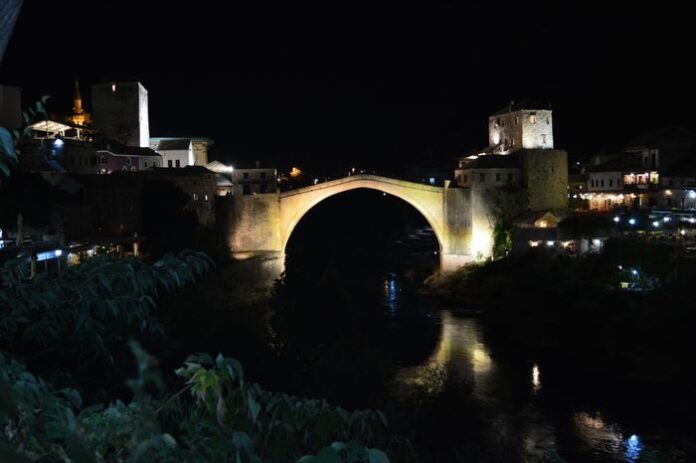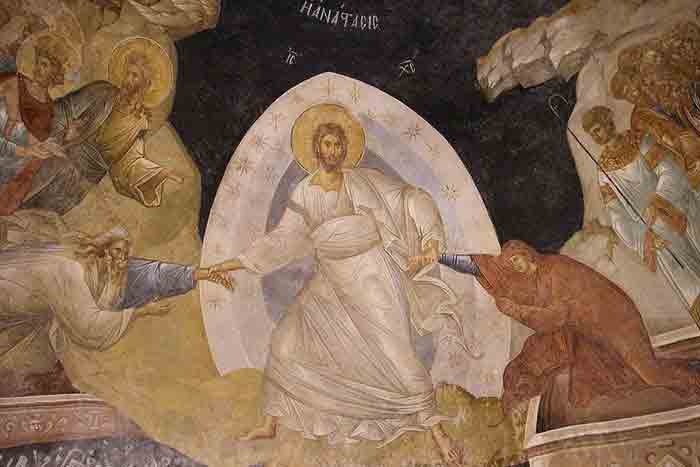Constant Foot Traffic
Sidewalks on the bridge are reserved for foot passengers, but pedestrians often use the roadway as well. From six o’clock in the morning until nearly midnight, the bridge is crowded with two constant streams of people moving in both directions. It’s a busy place, where people cross the bridge on foot, on horseback, or in carriages.
Tolls and Fees
Toll Collectors on the Bridge
At each entrance of the bridge, there are groups of toll collectors who wear long white tunics to stand out from the public. They hold out their hands to collect small fees from everyone who crosses. Foot passengers pay a small toll of one cent, those riding horses or donkeys pay two cents, and carriages pay ten cents Scenes in Constantinople.
The only people who don’t pay the toll are high-ranking government officials, often pashas—large, important men who are easily recognized by the livery (uniform) of their coachmen sofia tour guide.
A Diverse Crowd
People from All Walks of Life
It would take a long time to describe the different types of people you can see on the bridge. People from all races and religions can be found walking or riding across. Their clothing offers a fascinating look into their cultural backgrounds. Those familiar with oriental races can easily identify where each person comes from based on their dress.
Women’s Clothing and Customs
Veils and Modesty
Many women on the bridge wear veils and long mantles, with black shawls over their heads. Some wear an unattractive, belted mackintosh, which is intentionally designed to be ungraceful. The veil is meant to make a woman as unattractive as possible. Turkish women follow this tradition, while other women, like Greeks, Armenians, and Jewesses, wear European-style clothing and hats instead of veils.
Customs for Turkish Women
The Role of the Eunuch
In Turkish society, women of status are always attended by a eunuch or a mounted escort. It is considered improper for them to appear alone in public, even if they are veiled. The etiquette in the country strictly forbids men from speaking to or approaching veiled women.
If someone were to do so, a crowd would quickly form, and it would be seen as a serious insult. Every Muslim man in the area would view it as an offense not only against the woman but also against his mother, wife, and sister—essentially, all women.
The Limits of Courtesy
Helping a Veiled Woman
Because of these strict social rules, few men dare to help a veiled woman, even if she stumbles or drops a package. Any act of kindness could be misunderstood and seen as a violation of the cultural norms. This strict rule reflects the deeply rooted values in Turkish society about modesty and respect for women.







